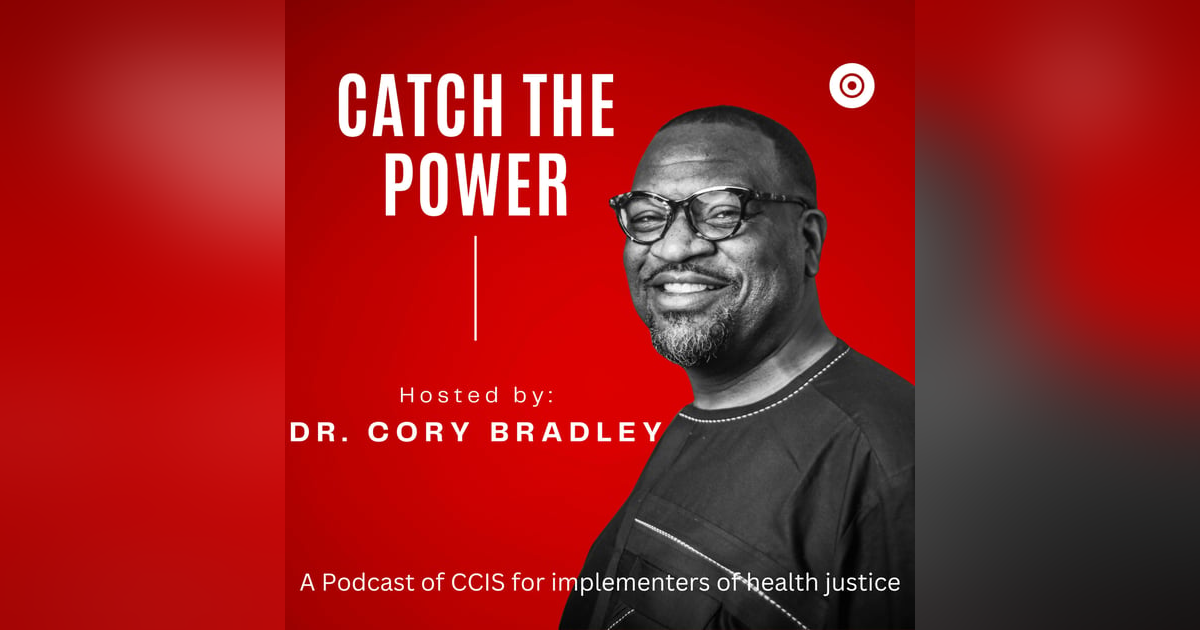Contributions of a Critical Race Theory to Equitable Implementation Research with Mya Roberson, PhD, MPH

Breast cancer remains one of the most common cancer types worldwide. According to Breastcancer.org, it accounts for around 30% of cancer cases in the United States.
But this information is not painting an entire picture. The American Cancer Society (ACS) revealed that the mortality rate for both men and women declined by almost 35% from its peak from 1991 to 2019.
And while progress against this dreaded disease has remained stable, the disparity continues. In the same report, the ACS shared that black women were over 40% more likely to die than their white counterparts, even if their incidence rate was 4% lower.
Further, blacks have a much lower survival rate for all cancer types than whites.
Where does health inequity come from? Is it from the lack of access to education or treatment? How about genetics? Or is it a type of racial bias and injustice?
To answer these questions, we talked with Mya Robenson, a social epidemiologist, health services researcher, and health policy assistant professor. Her life’s purpose right now is understanding and resolving the country’s long-standing social and health gaps, particularly in the American South.
This episode heavily touches on the critical race theory—how it is the elephant in the room whose influence permeates every aspect of research, from identifying the best samples to allocating funding.
This episode is a must-listen for the millions of Americans whose lives and health are affected by these disparities. Mya is a phenomenal storyteller who brings an added layer to the subject that leaves you moved, inspired, and ready to act.
In This Episode:
- Define critical race theory in the context of health disparities, especially in cancer research, access, and treatment
- Know how our racial identity or socialization impacts what society does
- Learn why we need to get uncomfortable and finally address the structural racism that continues despite the huge strides we've made in healthcare
- Find out how discovering the excluded demographic led to a successful community engagement
Guest Bio:
Mya L. Roberson, PhD, MPH is an assistant professor of health policy. Her research interests are in bridging community engagement with big data to achieve equity in cancer care delivery. She is presently the principal investigator of a Victoria’s Secret Global Fund for Women’s Cancers 2022 Career Development Award, in partnership with Pelotonia and the American Association for Cancer Research. This career development award is entitled, “ Centering Equity in Hereditary Breast and Ovarian Cancer Testing: A Mixed Methods Investigation” She is the inaugural Associate Editor for Diversity, Equity, and Inclusion at JAMA Dermatology. Roberson is a trustee at Brown University, a member of the American Association for Cancer Research, and is Chair of the AcademyHealth Disparities Interest Group Advisory Committee. Roberson earned a bachelor’s degree in public health from Brown and master’s and doctoral degrees in epidemiology from the UNC Gillings School of Global Public Health. While at UNC She was a Robert Wood Johnson Foundation Health Policy Research Scholar and a Truman Scholar.
https://twitter.com/MyaLRoberson
https://www.linkedin.com/in/myaroberson/
Disclaimer: "Support for contributions to this podcast was provided by the National Cancer Institute’s Consortium for Cancer Implementation Science."
“Dr. Bradley developed this podcast in his personal capacity as a consultant. The opinions expressed herein are those of Dr. Bradley and the guests of the podcast. They do not represent the official policy or position of his employer, NCI, or the U.S. government.”
--- Send in a voice message: https://anchor.fm/catchthepower/message